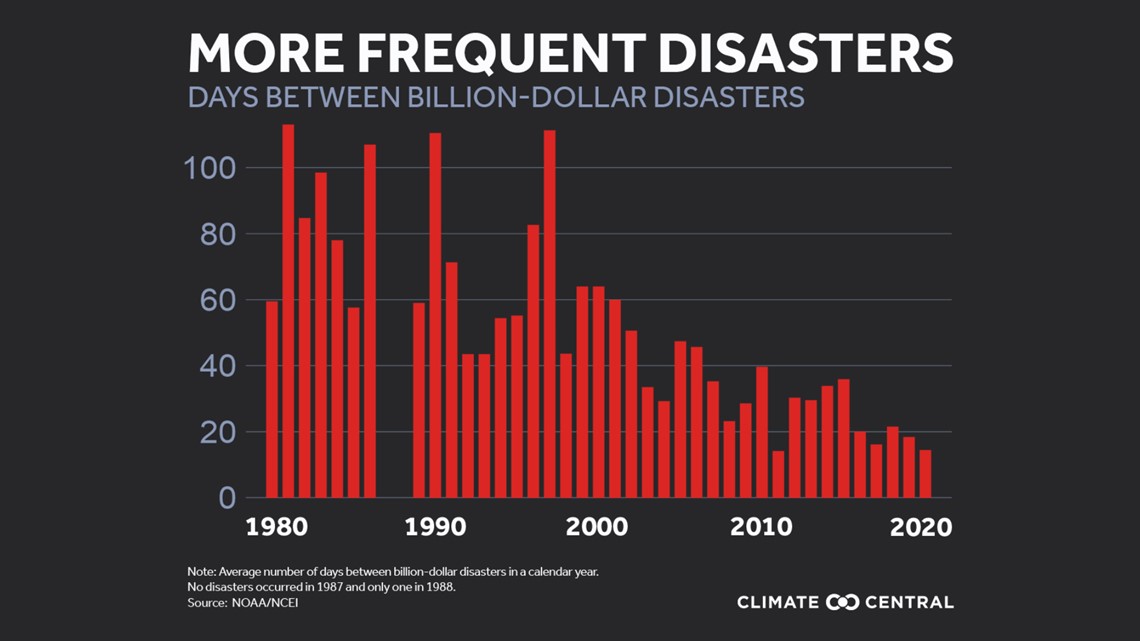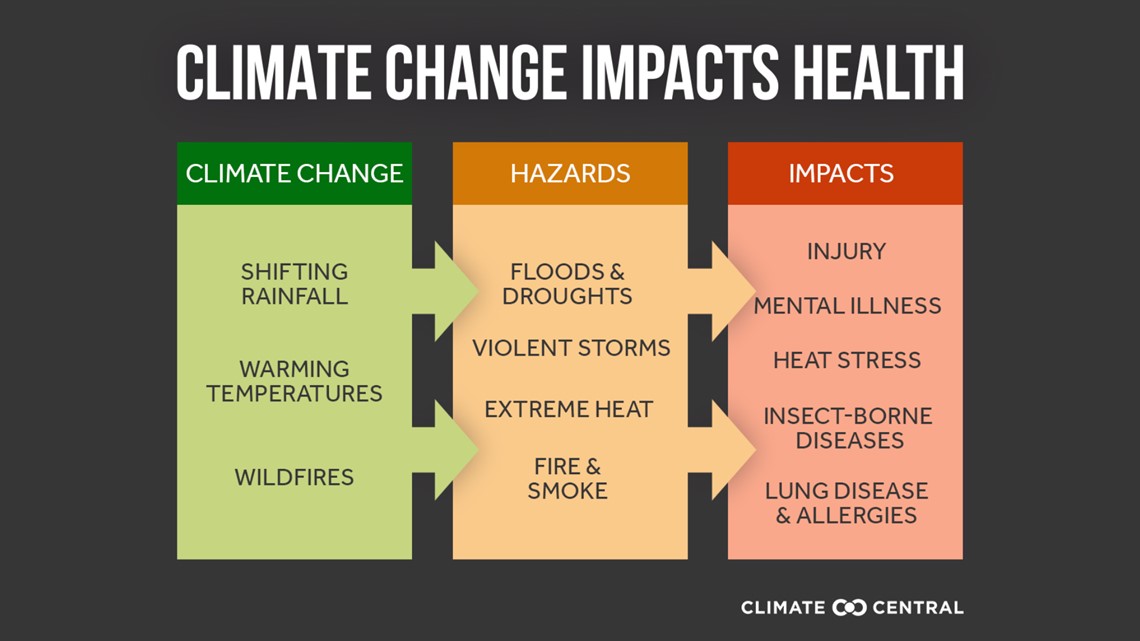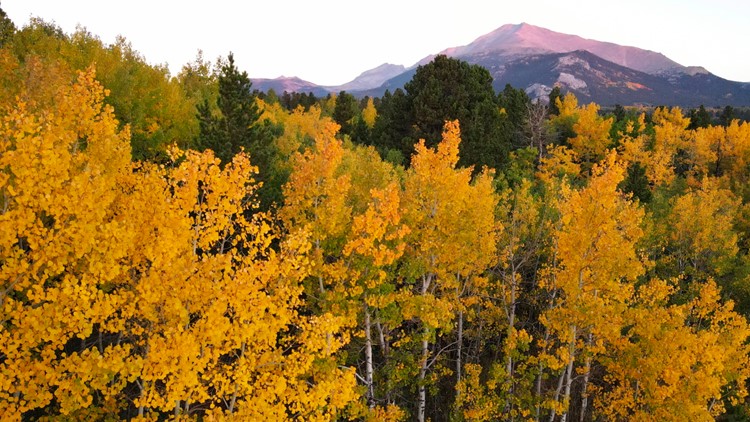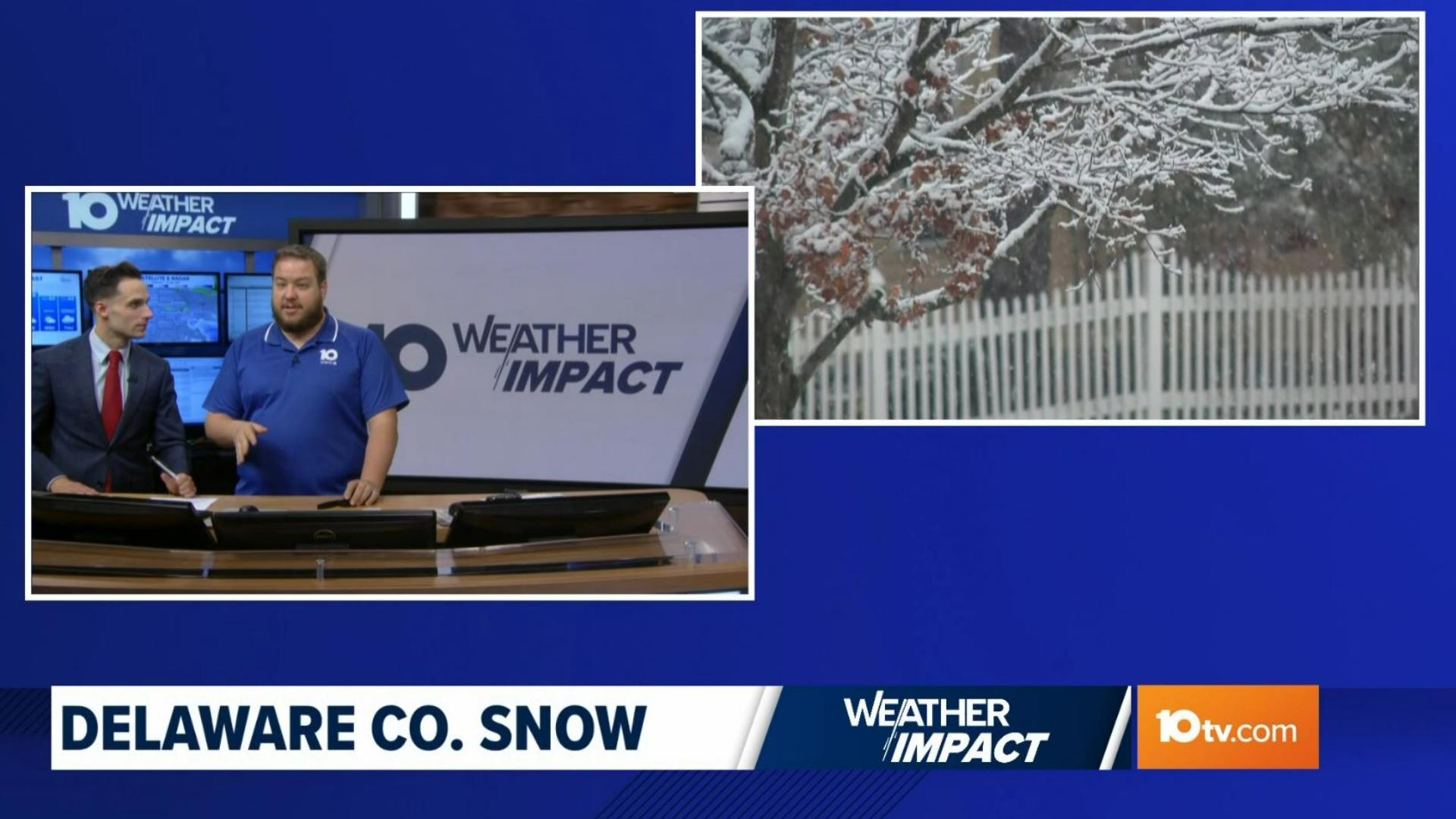COLUMBUS, Ohio — According to research by Climate Central, since 1980 there has been an increase in the frequency of billion-dollar weather and climate disasters in the U.S. This, along with warmer than average temperatures, destructive wildfires and extensive drought, our climate is changing, and not for the best.


Recently, Ohio State Wexner Medical Center and the Byrd Polar Research Center held their first-ever climate change and health symposium to discuss taking steps in reducing the health-harming impacts of climate change. Medical professionals discussed the correlation between climate change and how it could influence our physical wellness.
After helping those who were impacted by Hurricane Katrina, Dr. Andrew Schamess of the Ohio State Wexner Medical Center found an interest in climate change and what it means for the future of our health.
Dr. Schamess said, “Some of it is also understanding how the climate works, how we contribute to climate change, what needs to be done to mitigate the impact, what preparedness really means and to think on a larger public health scale, not just individual patients but whole populations of people who are impacted."
Each aspect of climate change including everything from extreme natural disasters to above average heat to more invasive insects brings upon a different health scenario.
"For example, insects have the ability to overwinter and how fast their larva grow and their food supply are all affected by temperature. So these insects and their diseases are now spreading into different populations," Dr. Schamess said.


Dr. Schamess said he hopes to teach his students and future generations that we need to take better care of our planet. Simple tasks like riding your bike instead of taking transportation or changing to more of a plant-based diet could help bring a positive change.
“A lot of things we can do to reduce our generation’s greenhouse gas is also something that would benefit our health,” Dr. Schamess said.
To learn more about the work being done, check out the Changing Climate website.



